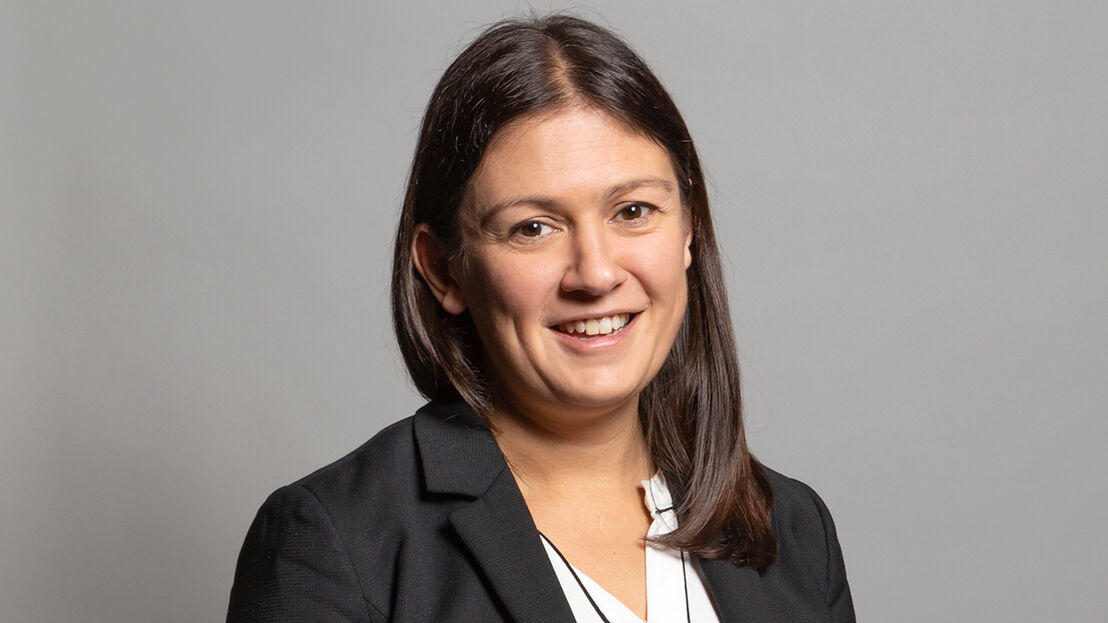UK Culture Secretary Lisa Nandy is to scrap a review of the BBC's funding model that was set up by the previous government and is disbanding its expert panel.
Instead, the government will examine the issue of BBC funding as part of the charter review process, before the BBC's current royal charter expires in 2027.

The expert panel advising on future funding for the BBC was announced in March by former UK Culture Secretary Lucy Frazer before the general election. The panel included figures from across the broadcasting and media sectors, including Sir Peter Bazalgette, David Elstein and Dame Frances Cairncross.
In a statement, the government said it will use the charter review “to consider funding options to support the national broadcaster’s long-term future, safeguarding the world-class content that millions of people know and love.” The charter review will include a public consultation.
The charter sets out the terms and purposes of the BBC's existence and normally lasts for about a decade. The current BBC charter began on 1 January 2017 and ends on 31 December 2027.
The government also confirmed that the BBC licence fee will rise in line with annual CPI inflation in 2025. It means the cost of an annual colour TV licence from April 2025 will now be £174.50, an increase of £5, or an extra 42p a month.
The government said it is committed to upholding the licence fee until the end of this charter period in 2027.
Foreign Secretary David Lammy also announced an extra £32.6m for the BBC World Service in 2025-26.
Nandy said: “The BBC provides much-needed programming for households across the country, including children's education, world-class entertainment and trusted news for all people in all parts of the UK. I want to see it thrive for decades to come.
“Through the Charter Review, we will have an honest national conversation about the broadcaster’s long-term future, ensuring the BBC has a sustainable public funding model that supports its vital work but is also fair and responsive to those who pay for it.
“In the short term, we are providing the BBC with funding certainty, while supporting thousands more households facing financial hardship to spread the cost of a TV licence.”
You are not signed in
Only registered users can comment on this article.
John Gore Studios acquires AI production specialist Deep Fusion
UK-based film and TV group John Gore Studios has acquired AI specialist production company Deep Fusion Films.

Sky to offer Netflix, Disney+, HBO Max, and Hayu in one subscription
Sky has announced "world-first" plans to bring together several leading streaming platforms as part a single TV subscription package.

Creative UK names Emily Cloke as Chief Executive
Creative UK has appointed former diplomat Emily Cloke as its new Chief Executive.

Rise launches Elevate programme for broadcast leaders
Rise has launched the Elevate programme, a six-week leadership course designed to fast-track the careers of mid-level women working across broadcast media technology.

Andrew Llinares to step down as Fremantle’s Director of Global Entertainment
Andrew Llinares is to step down this spring from his position as Director of Global Entertainment at global producer and distributor Fremantle.




